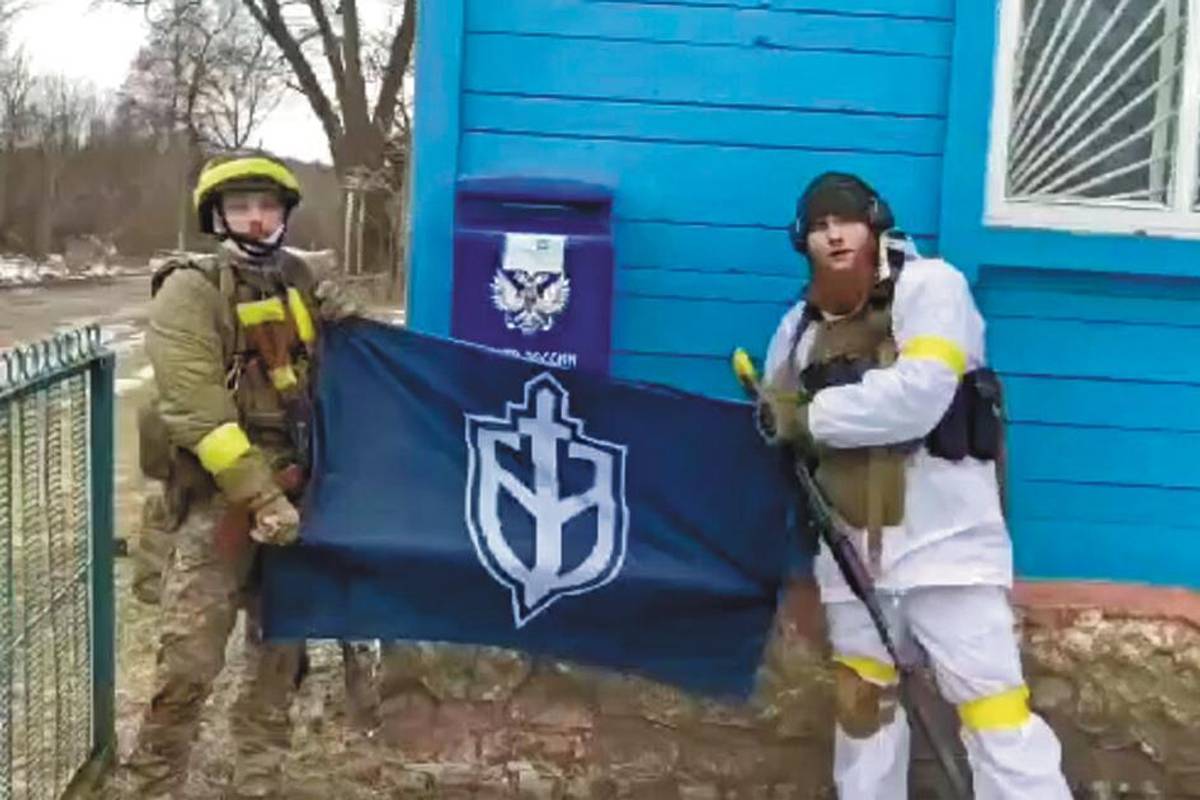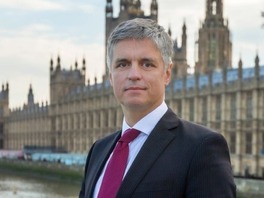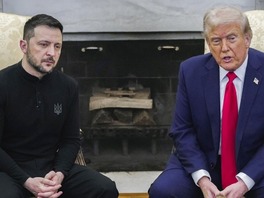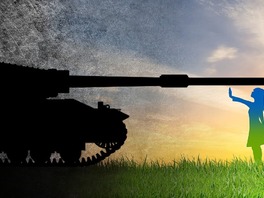The international community now compares the devastated city of Bakhmut to the Japanese Hiroshima and sees how dangerous Vladimir Putin's fascist regime is. Russian insurgent groups like the "RDC" and "Free Russia" may play a minor role in overthrowing the regime. But until mutinies arise within regular Russian troops, the possibility of a successful revolution remains unattainable.
This was revealed in an interview with "Apostrophe" by Dr. Michael Haltzel from Johns Hopkins University School of Advanced International Studies, аdvisor to Joe Biden during his time as a senator.
- On May 20, Russian anti-Putin volunteers from the "RDK" and "Freedom of Russia" entered the territory of the Belgorod region and seized a certain area there. In your opinion, do you think the war can spread to Russian territory?
- Until the cross-border attacks of May 22, I would have described the tactical importance of the anti-Putin Russian forces as damaging or destroying weapons and fuel storage facilities and disrupting rail traffic in the Belgorod Oblast’. Now I would add the very long-shot possibility of the anti-Putin Russians eventually becoming one of several revolutionary catalysts. I must emphasize, however, that until we see mutinies of regular Russian troops this will remain a dream. Meanwhile the Putin regime will continue to label the insurgents traitors and cynically point to their activities as alleged proof that Russia is being invaded and is not the invader. It is tempting to follow uncritically the maxim that “my enemy’s enemy is my friend,” but the Government of Ukraine must be vigilant in assuring that the Free Russia Legion and the Russian Volunteer Corps adhere to democratic principles. Substituting a new anti-democratic organization for Putin’s fascist regime would be disastrous.
- One of the most notable recent events on the international stage was the summit of the "Group of Seven" (G7). President Volodymyr Zelensky was invited to attend the summit, which took place in Hiroshima, Japan, the city that was devastated by atomic bombings. Some American ‘hawks’ argue that the bombing of Japan was a turning point in the war and in shaping the global order. In your opinion, what symbolism was present in the meeting in Hiroshima?
- President Zelensky – the speaker this week at our Johns Hopkins University graduation ceremonies – had earlier made an apt comparison of Hiroshima and Bakhmut.. The former lay in total ruins in 1945; the latter lies in ruins today. Hiroshima was rebuilt; Bakhmut will have to be rebuilt. The destruction of both cities demonstrates the futility of war. Finally, Hiroshima represents the taboo on employing nuclear weapons. Both the West and China have warned Putin not to even talk about – let alone use -- tactical nuclear weapons in Ukraine.
- Bukhamut has indeed become evidence of how the Russians "liberate" cities. The same has been experienced by many cities in Syria. Despite this, Syrian dictator Bashar al-Assad was readmitted to the Arab League last week. In Ukraine, some see this as a signal of possible indulgence towards Putin, while others say it is evidence that Putin was unable to fully bring Syria into his orbit. What is your opinion?
- I wish I could see a positive side to the re-acceptance of Syria by the Arab League, but I can’t. The Syrian dictator Bashar al-Assad is a major war criminal who has managed to retain control over most of his country thanks to the military intervention of another war criminal, Vladimir Putin, and of the Iranian clerical-fascist regime. The Arab League’s welcoming of al-Assad back into the fold is a permanent stain on that organization.
- Hence, we can conclude that certain geopolitical levers of influence still remain in Putin's hands. Returning to the beginning of our conversation, it raises the question: Can Russian military volunteers provoke enough instability in Russia to overthrow Putin?
- Putin’s attempts at geopolitics have proven to be a strategic catastrophe for Russia. Its invasion of Ukraine has led to a strengthening of U.S.-European cooperation, largely under President Biden’s leadership. Moscow’s natural gas leverage on Europe has been severely undercut. Moreover, the accession to NATO of Finland, and soon of Sweden, represent a huge geopolitical setback for Russia. Ukraine’s heroic military resistance forced Russia drastically to scale back its May 9 parade. Tanks and missiles were needed at the front, not on Red Square. As I said earlier, Russian volunteers, in my opinion, would be able to play only a peripheral role in any successful attempt to overthrow Putin, which in any event remains very unlikely.






